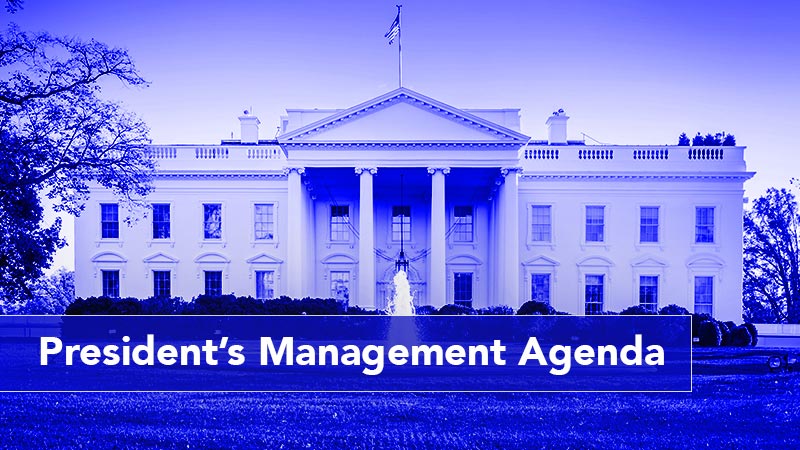
The Biden administration is looking for the public’s help to shape policy through its release of a draft learning agenda that will inform development of the President’s Management Agenda (PMA).
Release of the draft learning agenda follows publication last month by the Office of Management and Budget and the President’ Management Council of a “vision statement” for the PMA.
That document sets broad goals to overhaul how the government recruits and retains its workforce, harnesses technology to provide citizens with better digital services, and undertakes acquisitions in a way that provides advantages to the domestic economy.
The administration said the PMA Learning Agenda “will encourage collaboration and research to close evidence gaps within, beyond, and in partnership with the Federal government,” and seeks public comment on what questions need to be asked in connection with that effort.
At a high level, the draft learning agenda says that the process aims to reinforce a focus on learning, bridge silos, and catalyze innovation beyond the Federal government.
Agency-level work on learning agendas is already underway, and are expected to be published in early 2022, the draft document states. “The questions in this draft PMA Learning Agenda draw on that important work and aim to highlight cross-cutting management areas where evidence is needed to support the goals of the PMA,” the learning agenda draft says.
On the Federal workforce front, the learning agenda states, “the Biden-Harris Administration wants the Federal Government to be a model employer, operated by a talented, diverse, and engaged workforce.” the draft states. It asks, “What are effective strategies to hire, retain, engage, and grow talent within the Federal government? Many of these questions could leverage the recent workplace and hiring flexibilities that were implemented in response to the COVID-19 pandemic.”
On improving citizen service, the learning agenda draft says that every interaction between the government and the public “should be an opportunity to deliver the value, service, efficiency, and competency that the public expects and deserves,” and adds, “the Federal Government can build trust by demonstrating that its processes are fair, secure, effective and efficient.”
“There are many unanswered questions about how to best measure trust and understand how different elements (such as speed, quality, ease, transparency) drive trust for different types of service interactions,” the draft continues, while asking, “how can Federal agencies reduce administrative burdens in programs and services—including complicated, confusing, and time-consuming processes people may encounter when trying to access those programs and services?”
The learning agenda draft also explores how Federal government services can advance equity and support underserved communities, and notes the Biden administration’s executive order issued in January to advance those goals. It says that methods for assessing equity are an “expanding, though still nascent, body of work in public policy, social and data science, and organizational change management,” and asks questions geared toward finding out how “advancing equity can benefit all.”
